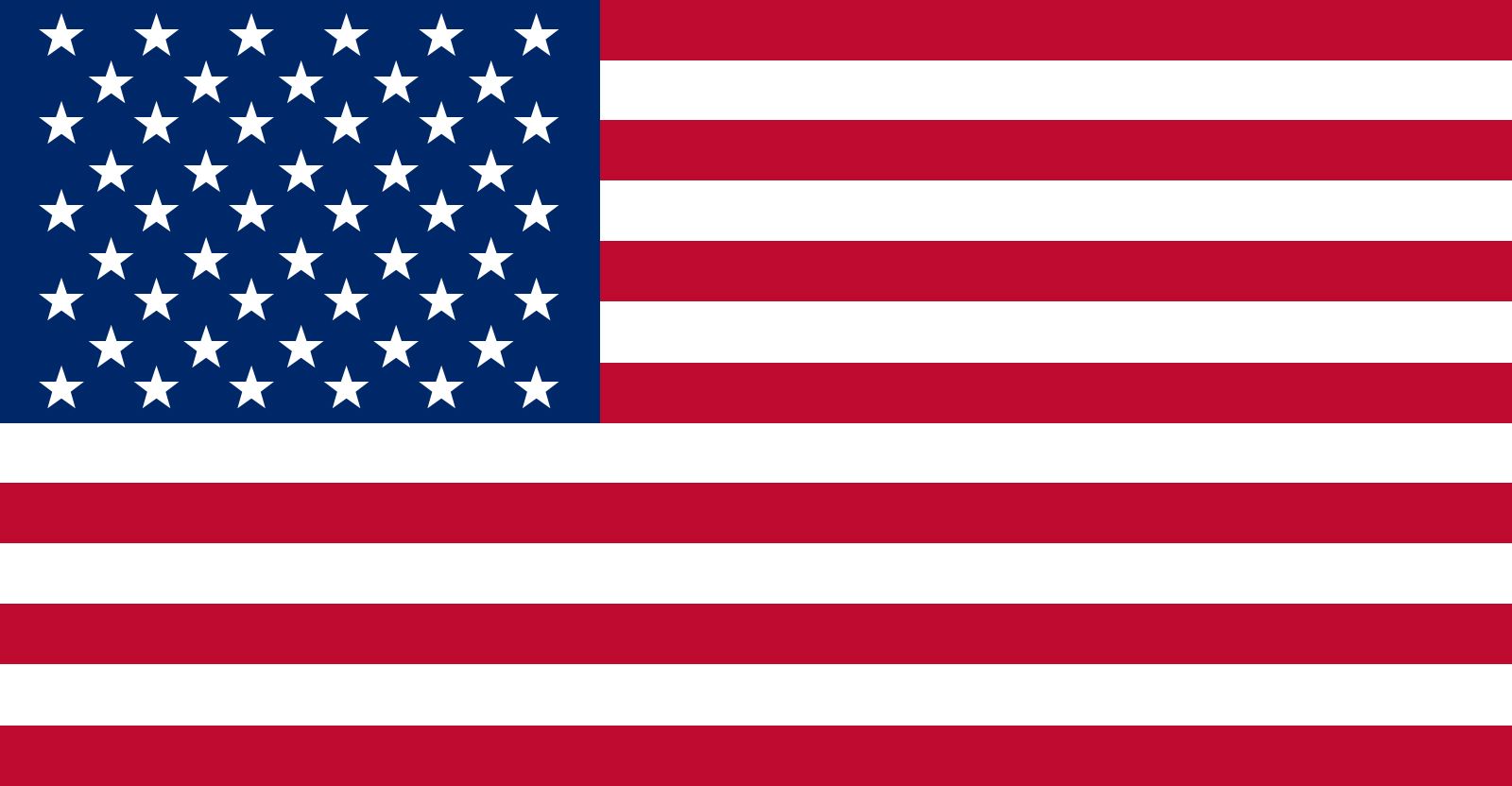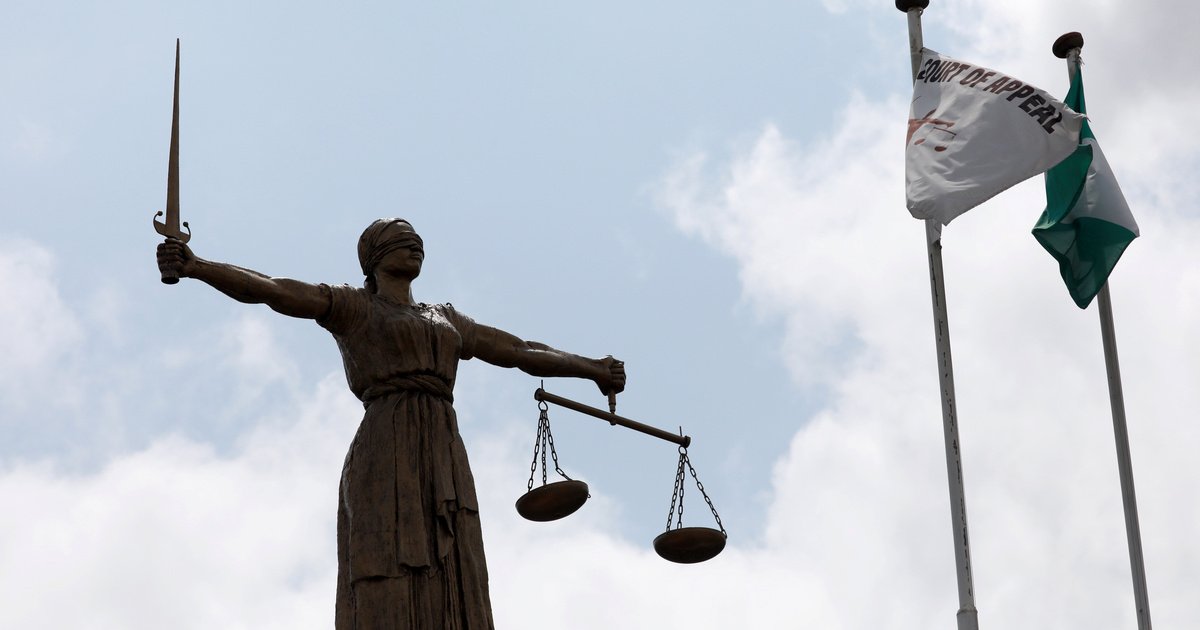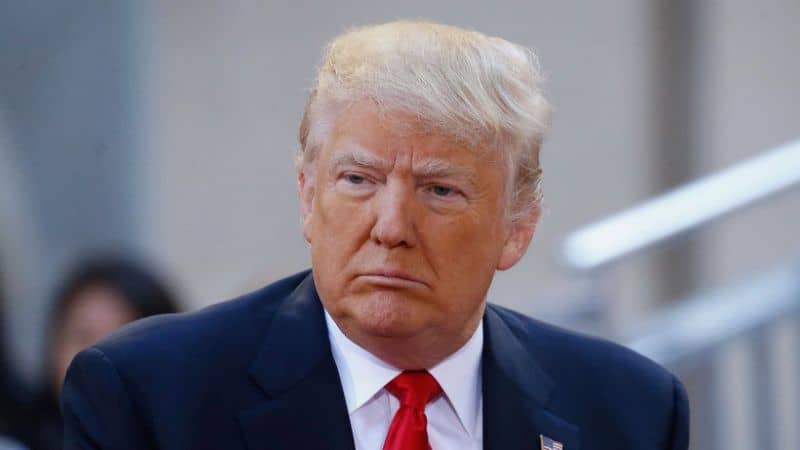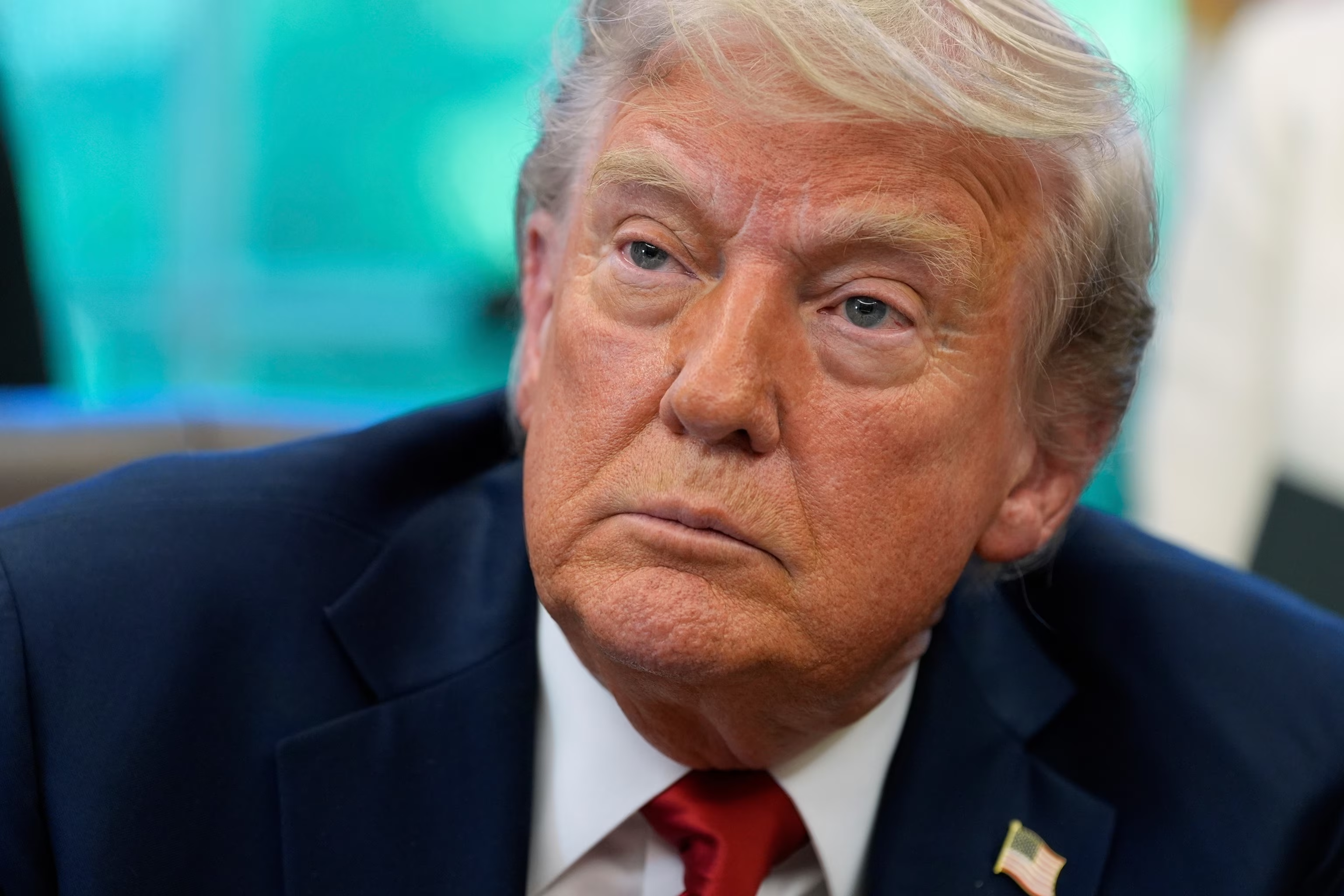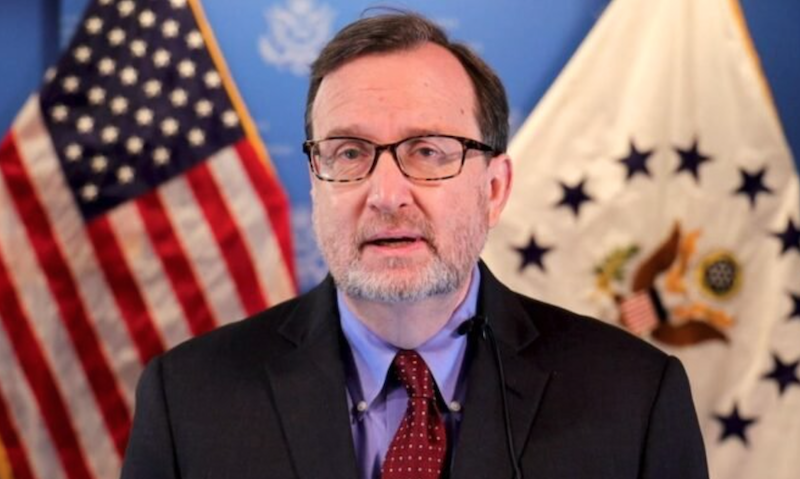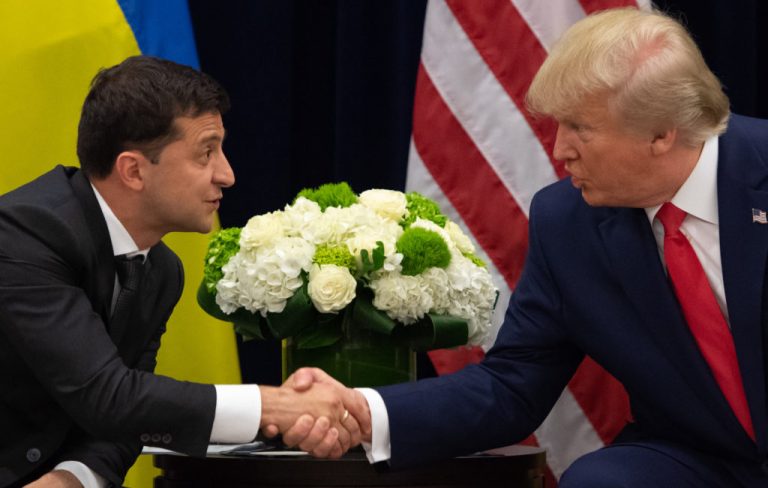By Ebuka Ukoh
When the jury in the United States federal sex trafficking trial of Sean “Diddy” Combs delivered its verdict, it sent a ripple through the entertainment and justice spheres alike. Cleared of the most serious charges, Diddy was nonetheless convicted on two counts of transportation to engage in prostitution.
While the legal complexities of the U.S. case are vast, the reverberations extend far beyond the American borders. For Nigerians, this trial offers both a mirror and a moment: A mirror that reflects our systemic flaws in handling cases of sexual abuse and high-profile wrongdoing, and a moment to reimagine what justice could and should look like.
In Nigeria, we are no strangers to the ways power shields itself from accountability. From pastors to politicians, from entertainers to executives, countless allegations of sexual abuse and misconduct often meet with denial, deflection, and a deafening silence. Survivors are shamed. Cases disappear. And when courts do get involved, the powerful often walk away unscathed. We have lost confidence in our judiciary—not because justice is blind, but because she seems deliberately kept from seeing at all.
This is where we must pause.
Legal systems, functioning correctly, balance the scales between the vulnerable and the powerful. The Diddy case, even with its imperfections, shows the possibility of a system that listens, investigates, and reaches a conclusion that doesn’t entirely favour status or celebrity. While some may question the outcome, the very fact that there was a trial, that survivors could testify, that a jury deliberated—this alone is instructive.
Contrast this with the Nigerian experience. Many survivors of sexual abuse in Nigeria never see the inside of a courtroom. The path to justice is not only lonely and expensive—it is rigged against them. As Osai Ojigho, Director of Amnesty International Nigeria, put it:
“The fear of not being believed, or even being blamed for being raped, is creating a dangerous culture of silence that prevents survivors from seeking justice. It is unacceptable that survivors of rape and other forms of gender-based violence face such a torturous ordeal to get justice, which only adds to their pain.”
That pain is compounded by a public conditioned to look the other way. We were quick to ask: “What was she wearing?” or “Why did she go there?” We trivialise trauma and dismiss survivors until they fade into silence. Meanwhile, abusers thrive.
But the point of justice is not only to punish wrongdoing. It is to say, to survivors and to society, that the truth matters. That no one is above the law. That healing is possible.
If Nigeria is to be a nation of laws and not merely of loud, self-congratulatory slogans, then we must:
Demand transparent and survivor-centred investigations, no matter who is accused.
Strengthen judicial processes to ensure that power and position do not obstruct justice.
Encourage survivors to speak by protecting them, not persecuting them.
Reform our social attitudes to believe victims, not shame them.
We must also rethink the culture that glamorises celebrity and political impunity. Too often, the public defends the famous, not because of the facts, but because fame itself becomes a shield. That culture, left unchecked, is a threat to the soul of society.
This is not just about Diddy. This is about the everyday Nigerian who suffers in silence because the system is built to protect the abuser, not the abused. It is about the courage it takes to speak out, and the responsibility we all share to ensure that such courage is not in vain.
Let this moment be a national reset. Let us choose justice, not as a privilege for the few, but as a promise to the generality. As we reflect on cases like Diddy’s, may we be reminded: Justice must not be convenient. It must be right—accessible, swift, and blind to power.
Anything less is not justice at all.
Mr Ukoh, an alumnus of the American University of Nigeria, Yola, and PhD student at Columbia University, writes from New York

